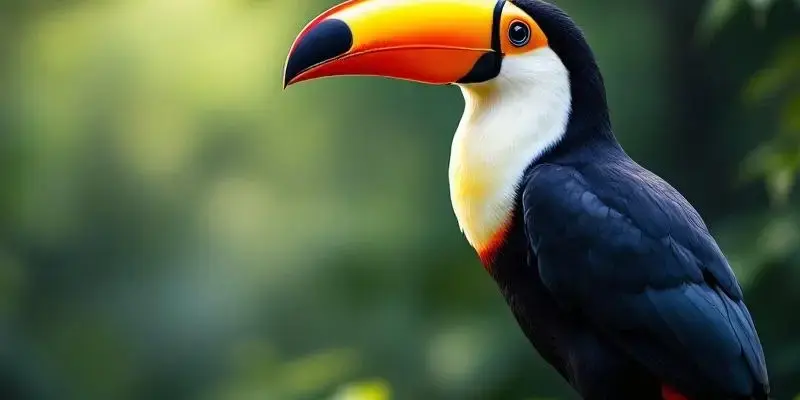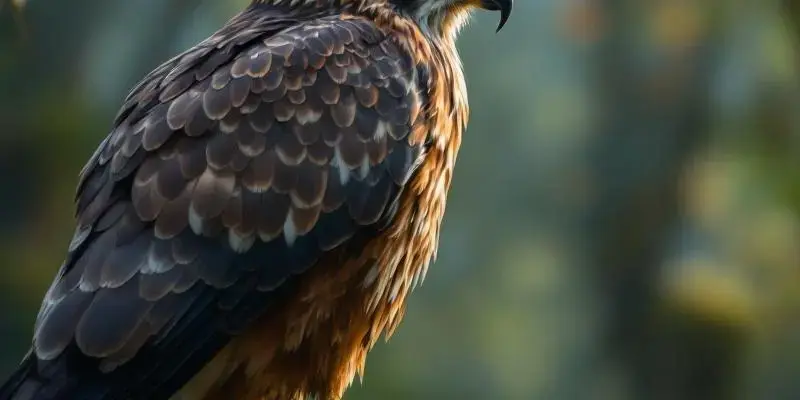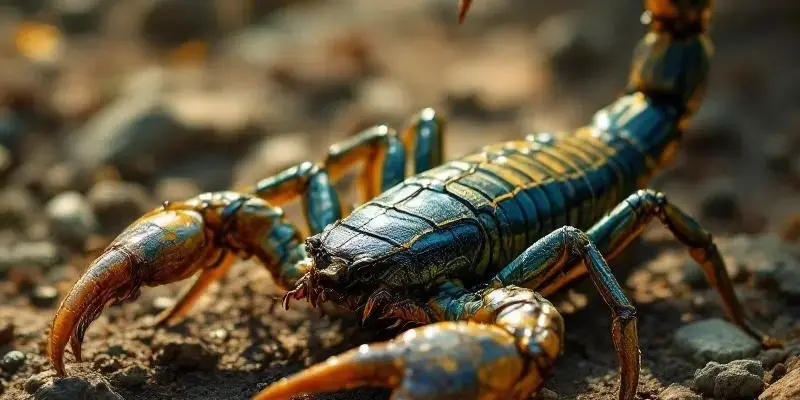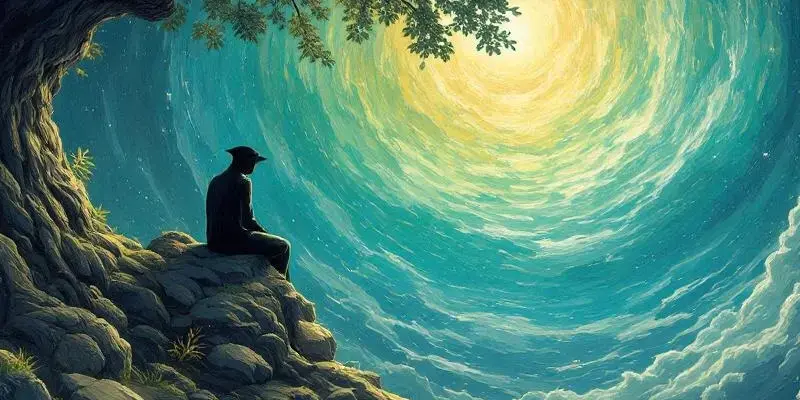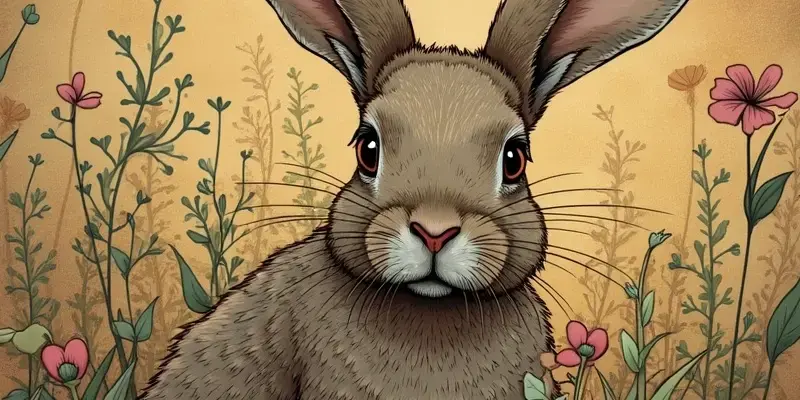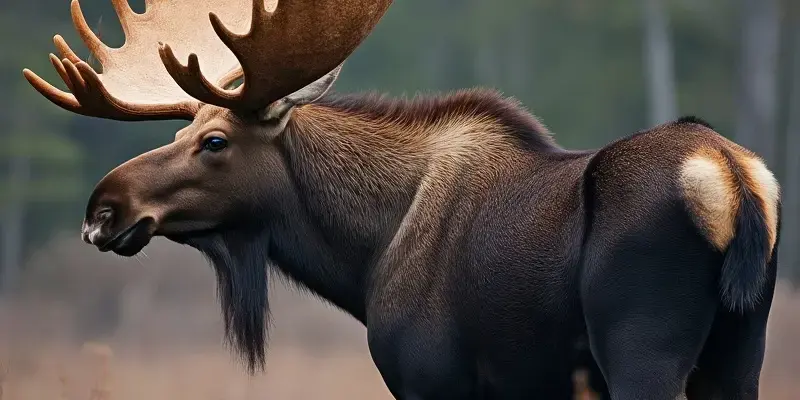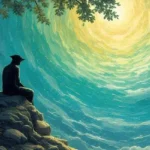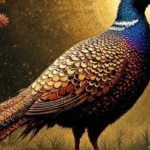Horse spiritual meaning
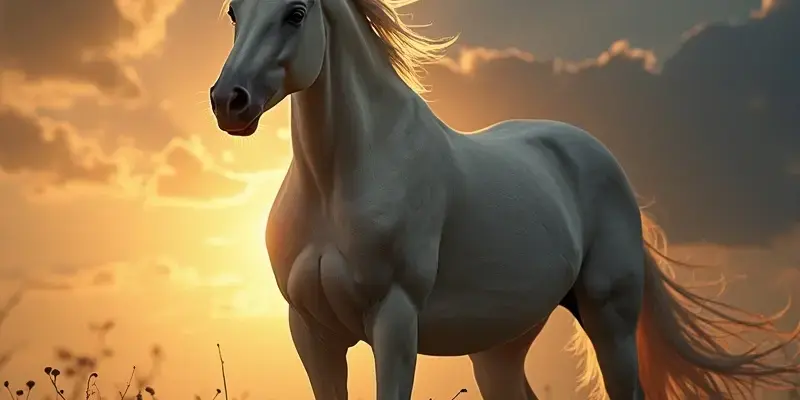
Horses have captivated the human spirit for over 5,000 years, serving as powerful symbols that embody our deepest desires for freedom, strength, and connection to something greater than ourselves. Throughout history and across diverse cultures, these majestic creatures have transcended their role as mere animals to become profound spiritual messengers, reflecting our own journey toward personal power and liberation.
Key Takeaways
- Horses universally symbolize freedom and unbridled spirit across virtually all cultural traditions
- Different cultures associate horses with prosperity, divine connection, and spiritual guidance
- As spirit animals, horses represent personal transformation and the ability to overcome obstacles
- Horse dreams often reveal important messages about our subconscious desires and life direction
- The color of a horse carries specific spiritual significance that varies by cultural context
The Timeless Power of Horse Symbolism
Throughout human history, horses have stood as powerful spiritual symbols representing our fundamental aspirations. These magnificent creatures have been our companions in both war and peace, embodying what many describe as the unbridled force of nature that humans have consistently admired.
The imagery of a wild horse running freely with its mane flowing in the wind captures the essence of uncontained spirit that resonates deeply with the human soul. In nearly every culture, horses symbolize strength, vitality, and endurance – qualities we aspire to embody in our own lives.
This universal admiration for horses transcends mere appreciation of their physical capabilities. They represent triumph over limitations, the competitive spirit that drives achievement, and the resilience needed to face life’s challenges. Their spiritual significance has remained constant even as their practical roles in society have evolved.
Cultural Horse Symbolism Around the World
The spiritual significance of horses varies richly across different cultures, though certain core themes remain consistent. Let’s explore how various traditions have interpreted horse symbolism throughout history.
In Western culture, horses represent power, speed, and the ultimate freedom. The iconic image of cowboys and their trusty steeds embodies independence and the spirit of adventure. Horses have served as companions that help humans transcend their physical limitations and venture boldly into new frontiers.
Chinese tradition views horses quite differently. During the Tang Dynasty (618-907 AD), horses were highly prized for both military strength and Silk Road trade. The Chinese phrase “马到成功” literally translates to “the horse arrives at success” – symbolizing immediate achievement upon arrival. As one of the 12 zodiac animals, horses represent ambition and intelligence in Chinese astrology.
For many Native American tribes, horses hold deeply spiritual significance. They symbolize strength, wisdom, and unity with the natural world. These powerful animals serve as totems representing man’s spiritual journey through life and connection with higher realms of existence.
Other cultural perspectives on horse symbolism include:
- In Japanese culture, horses are seen as divine beings that carry gods into our world
- Celtic tradition honored horses as the first deity symbol, representing the Sun
- African cultures associate horses with confidence, nobility, and victory
- Christianity uses horse imagery to represent courage, generosity, and resurrection
Mythological Horses and Divine Connections
Mythology across different cultures features remarkable horses with supernatural abilities, highlighting their role as bridges between worlds. These mythical equines connect the earthly realm with divine dimensions.
In Greek mythology, Pegasus stands as the definitive winged horse representing divine inspiration and heroic qualities. This magnificent creature serves the gods while simultaneously inspiring human achievement, perfectly embodying the connection between ordinary existence and higher realms.
Norse mythology introduces us to Sleipnir, Odin’s extraordinary eight-legged horse capable of traveling between worlds. This remarkable mount symbolizes the ability to transcend physical boundaries and represents supernatural abilities and cosmic exploration.
Sacred horses appear in numerous world religions:
- Islamic tradition features Buraq, Prophet Muhammad’s celestial mount symbolizing spiritual ascension
- Hindu tradition connects horses to vital energy (prana) and the sun god Surya’s chariot
- Indo-European horse worship linked these animals to fertility, kingship, and the afterlife
Across these varied traditions, mythological horses consistently serve as intermediaries in spiritual realms. In shamanic practices, they function as psychopomp animals capable of traveling between the world of the living and the realm of spirits or ancestors.
The Horse as Spirit Animal and Totem
When the horse appears as a spirit animal in someone’s life, it primarily represents freedom above all else. Seven key spiritual meanings emerge from horse symbolism that can guide personal development.
First, horses embody independence and liberation from constraints. They inspire us to break free from limitations – whether self-imposed or external – and embrace our authentic path. Second, they represent strength and endurance, teaching us to overcome obstacles with power and persistence.
Horses also offer guidance and direction, helping us find our way forward when paths seem unclear. Their innate intuition and sensitivity to energy make them perfect symbols for developing our own ability to detect subtle energies and emotions around us.
Additionally, the horse spirit animal represents:
- Transformation and progress – moving through life’s changes with grace
- Life cycle mastery – helping us navigate birth, death, and rebirth concepts
- Self-development – encouraging continuous personal and spiritual growth
Horses possess remarkable sensitivity to energy, often picking up on human emotions and responding to subtle shifts. This makes them natural mirrors for human consciousness and excellent spiritual guides for those attuned to their messages.
Horse Dreams and Their Interpretations
Dreams featuring horses carry profound spiritual meaning across many cultural traditions. The specific interpretation often depends on cultural context and the details of the dream itself.
In Eastern traditions, horse dreams hold particular significance. Chinese dream interpretation suggests that a galloping horse often foretells rapid achievement or social advancement. Japanese dreams view horses as messengers of the kami (gods), embodying spiritual connection. Indian dream traditions connect horses to vital energy and cosmic forces.
Western and shamanic traditions offer different perspectives. Shamanic dream interpretation sees flying or winged horses as representations of absolute freedom and access to higher consciousness. Islamic dream interpretation associates beautiful horses with nobility and honor, while untamed horses might represent uncontrolled desires.
The distinction between tamed versus wild horses in dreams provides important clues to meaning:
- Tamed horses typically represent mastery and control over one’s life circumstances
- Wild or untamed horses often symbolize uncontrolled aspects of personality
- A horse’s color in dreams carries additional symbolic meaning
- The action of the horse (running, standing, rearing) modifies the interpretation
Pay attention to how you feel in horse dreams – fear, excitement, or peace can dramatically change what the dream is trying to communicate to your waking consciousness.
Astrological Significance and Zodiac Connections
In Chinese astrology, those born in Horse years (1930, 1942, 1954, 1966, 1978, 1990, 2002, 2014) are characterized by independence, energy, and ambition. Horse people typically display adventurous spirits and charismatic personalities driven by an innate desire for freedom.
The Horse zodiac sign represents individuals who value their independence and resist constraints. They tend to be sociable, popular, and quick-thinking, though sometimes impatient. Their natural enthusiasm and optimism make them magnetic personalities who attract others with their energy.
In Western astrology, horses connect strongly with Sagittarius, represented by the centaur – a half-human, half-horse figure symbolizing exploration and wisdom. This centaur imagery perfectly captures the dual nature of human experience: our animal instincts merged with higher intellectual and spiritual aspirations.
The Sagittarius-horse connection emphasizes:
- The pursuit of freedom and expansion
- Love of travel and new horizons
- Philosophical inquiry and search for meaning
- Optimistic outlook and adventurous spirit
Modern Therapeutic Applications of Horse Energy
The ancient spiritual understanding of horses has found remarkable expression in modern equine-assisted therapy practices. Horses serve as excellent companions for healing and self-reflection due to their extraordinary sensitivity to human emotional states.
Their ability to mirror the mental and emotional state of people around them makes horses uniquely effective therapeutic partners. This mirroring quality helps individuals process emotions and develop greater self-awareness in ways that traditional therapy sometimes cannot access.
Equine therapy has proven effective for various conditions:
- Trauma recovery and PTSD
- Anxiety and depression
- Substance abuse recovery
- Autism spectrum disorders
- Personal development and leadership training
Across cultures and now in clinical settings, horses continue to represent positive transformational energy. Their presence serves as a symbol of protection, healing, and the potential for personal growth – demonstrating how ancient spiritual wisdom finds practical application in modern therapeutic contexts.
Horse Color Symbolism
The color of a horse carries specific spiritual meanings that vary significantly across cultural traditions. These color associations add another layer of symbolic meaning to horse interpretation in dreams, visions, and spiritual experiences.
White horses hold particularly powerful symbolism. They often represent the balance of wisdom and power in many traditions. However, they embody contrasting meanings – symbols of purity and spiritual enlightenment in some cultures, while representing death or the afterlife in Christian tradition. In Celtic mythology, white horses were associated with otherworldly journeys and divine visitation.
Black horses typically symbolize mystery and the unknown. In Christian tradition, they may represent evil or destructive nature, particularly in apocalyptic imagery. However, in many other cultures, black horses represent power, elegance, and protection. They’re often associated with hidden knowledge and secrets waiting to be revealed.
Other horse colors carry their own significance:
- Red/Chestnut horses often symbolize passion, vitality, and war
- Brown/Bay horses represent groundedness, stability, and connection to earth
- Gray horses frequently symbolize wisdom, balance, and transition
- Spotted or patterned horses can represent uniqueness and individuality
This rich tapestry of horse color symbolism adds depth to
Horses have served as powerful spiritual symbols across cultures for over 5,000 years, embodying freedom, strength, and transformation. The article explores how these majestic creatures transcend their physical role to become metaphors for human aspirations and spiritual journeys. Different cultural perspectives share common themes while offering unique interpretations of horse symbolism in mythology, dreams, and spiritual practices.
| Key Aspect | Summary |
|---|---|
| Universal Symbolism | Horses represent freedom, strength, and unbridled spirit in virtually all cultures |
| Cultural Variations | Meanings range from Western independence to Chinese success to Native American spiritual connection |
| Mythological Significance | Featured as divine messengers and world-traversing beings like Pegasus and Sleipnir |
| Spirit Animal | Symbolizes personal transformation, intuition, and overcoming life’s obstacles |
| Dream Interpretation | Horse dreams reveal subconscious desires and life direction with meanings tied to color and behavior |
| Modern Applications | Ancient wisdom finds expression in equine therapy for trauma, anxiety, and personal growth |

